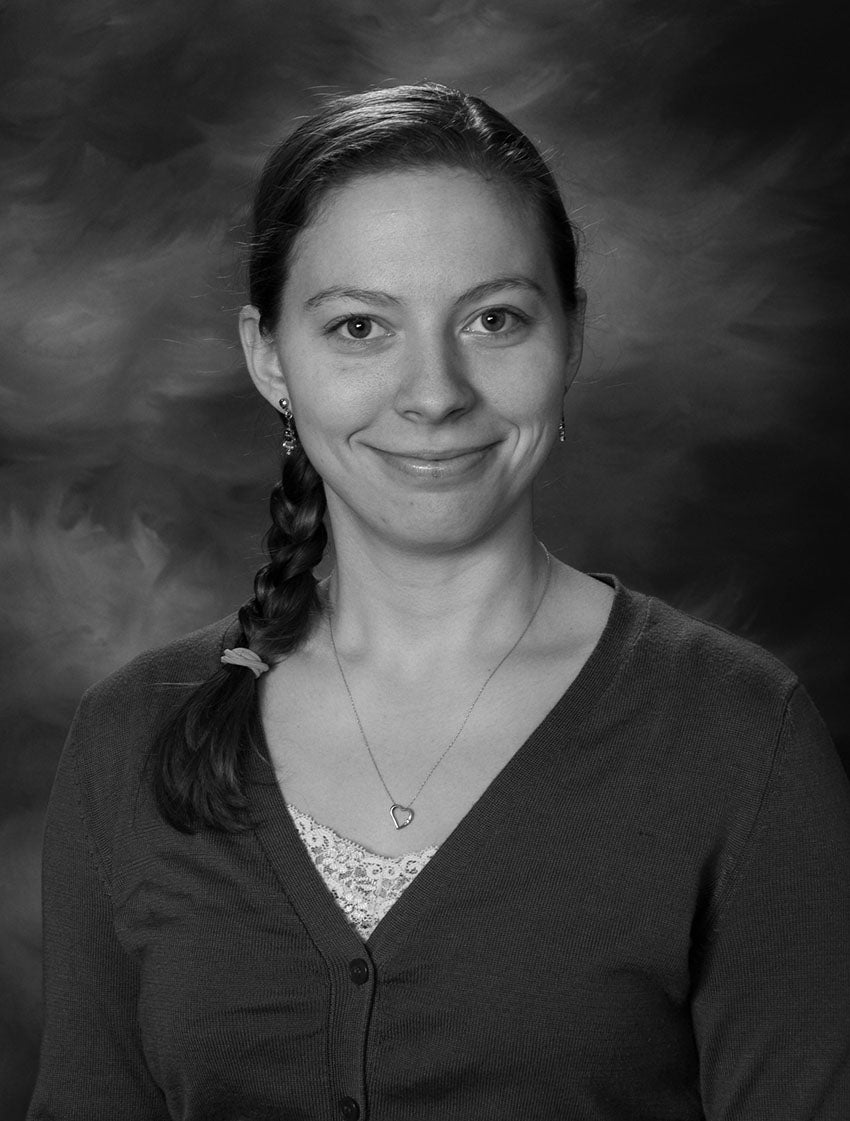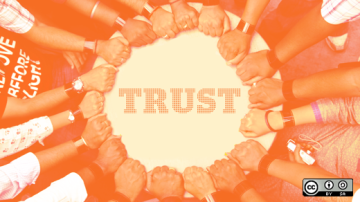
Katie is a communicator who has spent the past four years being educated and trained in the ways of open source. She works closely with technical team members at Kitware to translate and share their message with a broader audience, focusing on how technology and open source can drive innovative solutions with real-world impact. Katie is passionate about open source as a model for community, language, and new ideas and perspectives. She is active on Twitter @kosterdahl and Google+.


Authored Comments
To add to the great points mentioned above, I believe that language is an incredibly important point and deserves active and conscious thought. Things that may seem small or irrelevant can play a significant role in creating a community that people want to join versus one that drives people away, such as the words chosen on automatic code review reply or Gerrit messages. It's not only the big, banner-worthy messages that contribute to building a community, but also all the smaller, everyday interactions and the way those things are said that build the culture of a community.
Nice article Patrick!
I think this line is significant: "Are these terms' definitions consistent across the sector?" It's hard to communicate when the language being used has different a different meaning for each participant in the conversation.
Even at ATO in October, an event that brings together members of the broader open source community, there were references to open source versus commercial software, when the conversation should have been open source versus proprietary (since open source *is* commercial software; David Wheeler does a good job discussing this here: https://www.dwheeler.com/essays/commercial-floss.html). If the community championing open source isn't on the same page, it makes it that much more difficult to communicate with others.